Our online training courses of January are now all completed, and were again successful. So we’re happy to announce the next dates for our public training courses in March and April, for all our courses: Embedded Linux system development, Linux kernel driver development, Yocto and OpenEmbedded system development, Buildroot system development and Linux graphics stack.
It is worth mentioning that we now have an Early Bird price, which is valid up to 1 month before the course, so register early if you’re interested!
| Type | Dates | Time | Duration | Cost and registration |
|---|---|---|---|---|
| Embedded Linux (agenda) | Mar. 8, 9, 10, 11, 12, 15, 16, 2021 + extra session on Mar. 17 if needed |
14:00 – 18:00 (Paris, UTC+1) | 28 h |
Early: 829 EUR* Regular: 929 EUR* Register |
| Linux kernel (agenda) | Mar. 9, 10, 11, 12, 16, 17, 18, 2021 | 13:30 – 17:30 (Paris time, UTC+1) | 28 h |
Early: 829 EUR* Regular: 929 EUR* register |
| Buildroot (agenda) | Mar. 8, 9, 10, 11, 2021 | 14:00 – 18:00 (Paris time, UTC+1) | 16 h |
Early: 519 EUR* Regular: 619 EUR* Register |
| Yocto Project (agenda) | Mar. 22, 23, 24, 25, 2021 + extra session on Mar 26 if needed |
14:00 – 18:00 (Paris time, UTC+1) | 16 h |
Early: 519 EUR* Regular: 619 EUR* Register |
| Linux Graphics (agenda) | Apr. 6, 7, 8, 9, 2021 | 14:00 – 18:00 (Paris time, UTC+2) | 16 h |
Early: 519 EUR* Regular: 619 EUR* Register |

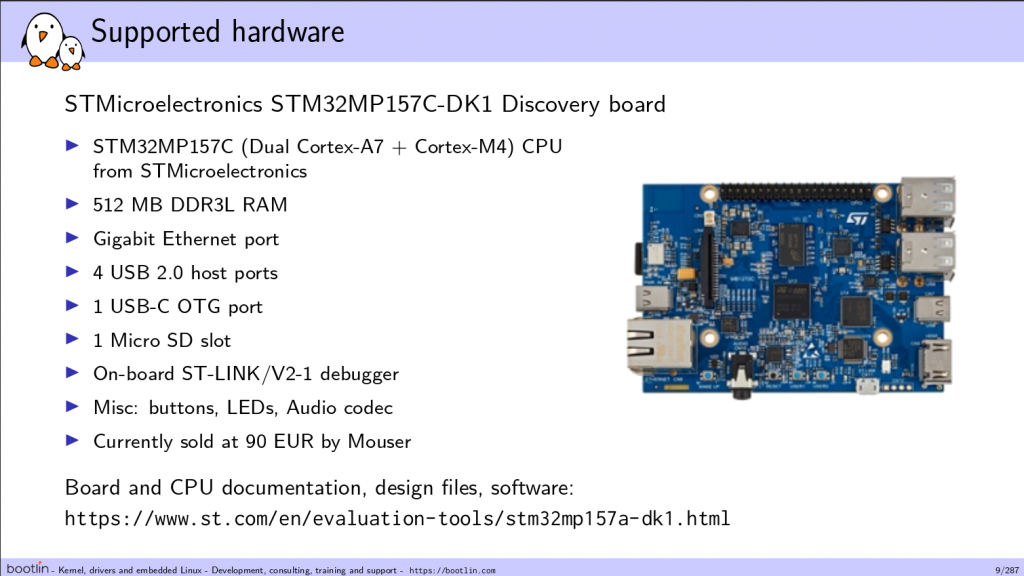
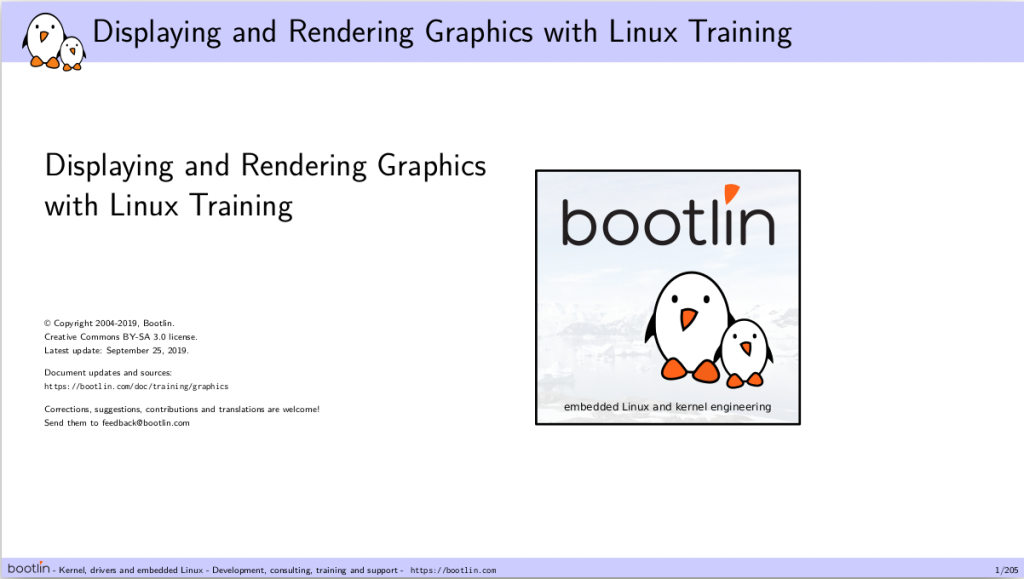
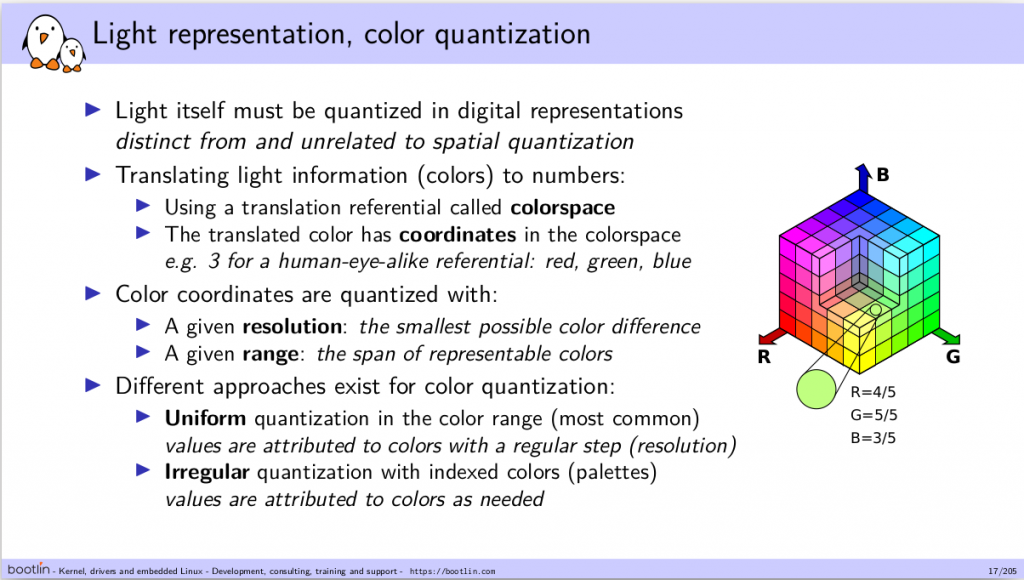
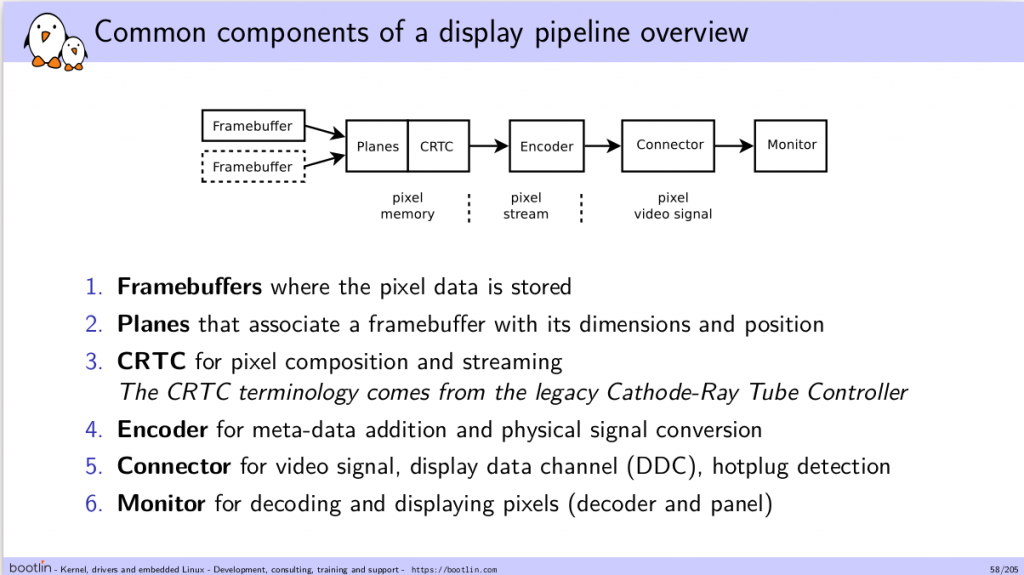
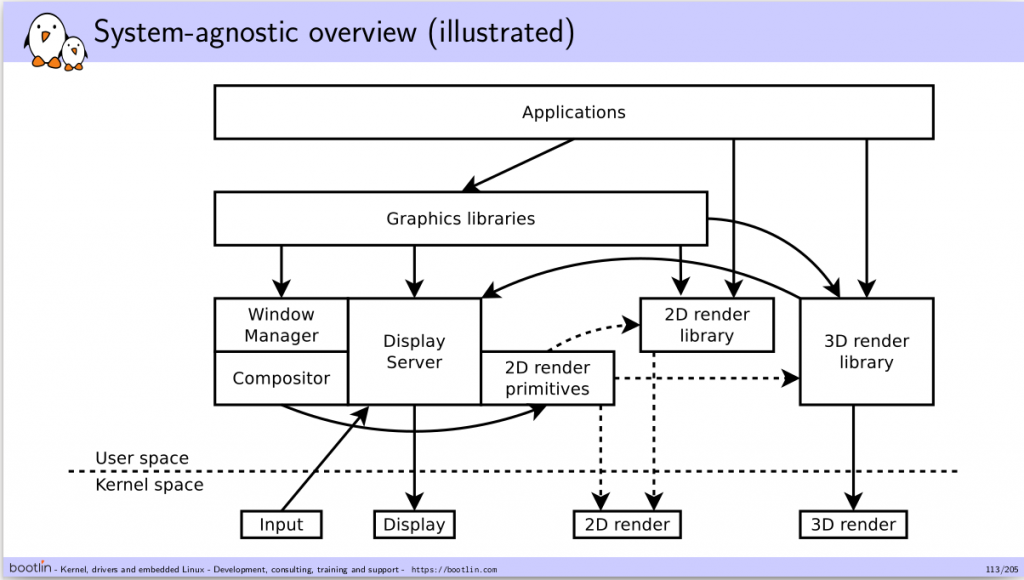
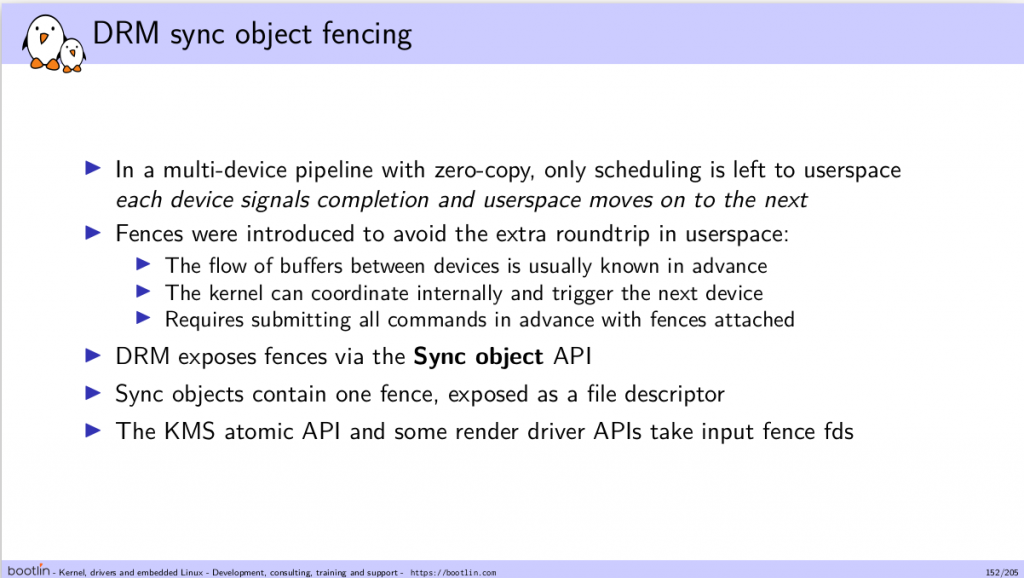
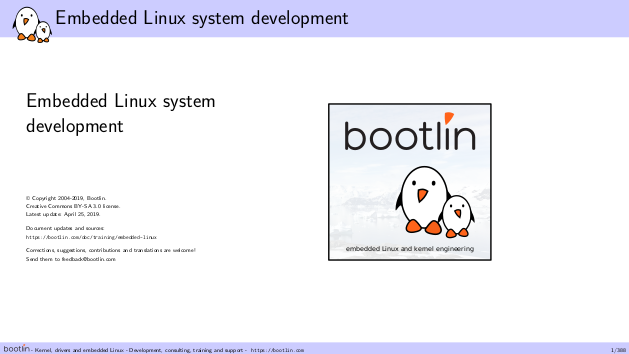 For many years, Bootlin has been offering an
For many years, Bootlin has been offering an 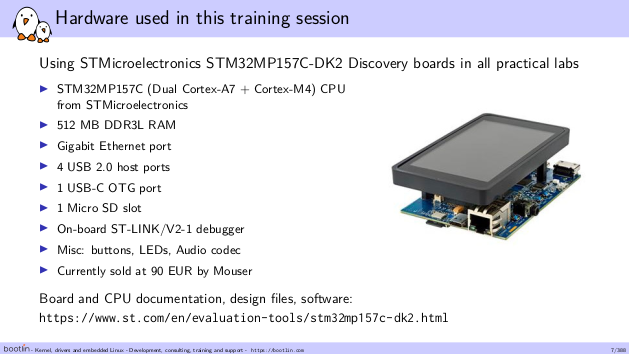 Today, we are happy to announce that all the practical labs of our 4-day variant are now done on the recently announced
Today, we are happy to announce that all the practical labs of our 4-day variant are now done on the recently announced 
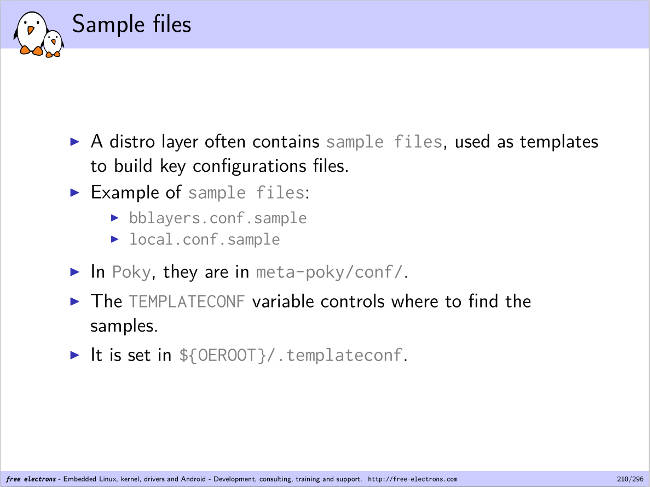
 At Bootlin, we owe a lot to the Free Software community, and we’re doing our best to give back
At Bootlin, we owe a lot to the Free Software community, and we’re doing our best to give back 